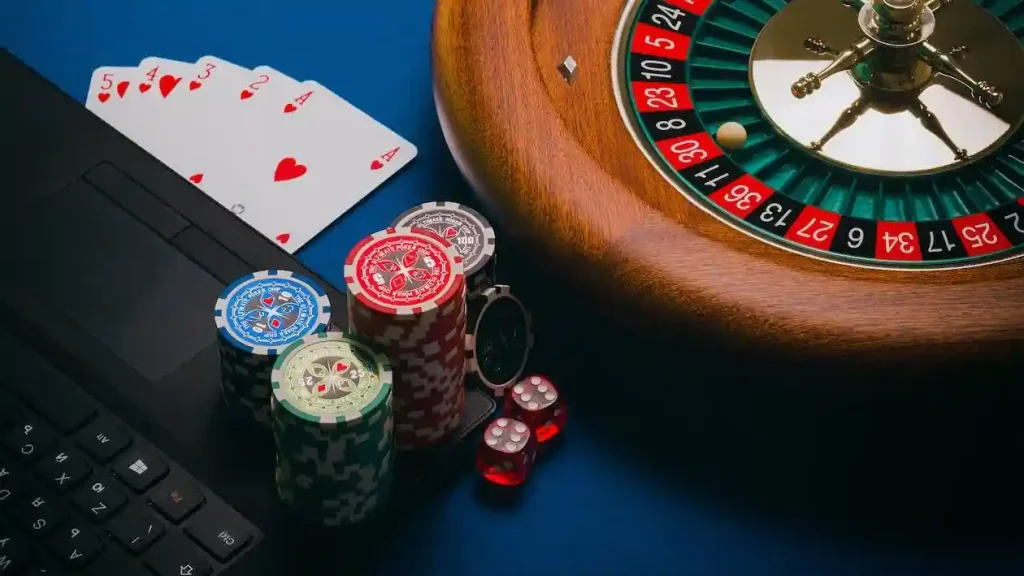A slot is a narrow opening in something. A mail slot is a type of slot that can be used to put letters and postcards in.
Paylines on slots are typically displayed as a table of different colours, so players can easily see the winning combinations. The paytable will also show the minimum and maximum betting limits.
Symbols
In slot games, you can win bonus games by lining up symbols in a row. These symbols can be standard reel symbols or special bonus symbols, and they can be designed to fit the theme of the game. In addition, some slots also feature multipliers, which increase your winning potential. These can be regular multipliers, wild multipliers or scatters. Depending on the type of slot game, you may need to line up a certain number of these symbols in order to trigger a bonus game.
In addition to the traditional card values (Ace, Queen, Jack and Ten) and fruit symbols, there are also a variety of other unique gambling symbols. These include sticky wild symbols, random wild symbols and soaring wild symbols. Stacks of these symbols are common on modern video slots, and they can give you a higher chance of hitting a winning combination.
Scatter symbols are not as common in slots, but they can offer a large payout for players. These symbols must land on the paylines to award a prize. They can also be used to trigger a bonus game or free spin round.
Payouts
A slot machine is a casino game of chance. Players insert cash or, in the case of “ticket-in, ticket-out” machines, a paper ticket with a barcode into a designated slot. The reels then spin and stop to rearrange the symbols, revealing credits based on the paytable. A payout is then made if the symbols match in a winning combination. Some istanaslot feature specific symbols, while others are themed after television shows or movies.
Some die-hard gamblers claim that slot machines don’t payout like they used to. They may be right, but it’s difficult to prove if they aren’t.
Slot machines have a fixed theoretical payout percentage, and this percentage is set at the factory. This is usually stated on the machine, and it may be found in its help menu. Some casinos post these figures on their website, while others keep the information confidential to encourage players to return. Some casinos even have a secret menu for adjusting their payout percentages, but this process can be time-consuming and labor-intensive. Some casinos also have special “renchan” slots that can reward players with high payouts, teasing them to keep playing for more.
Bonus rounds
A slot’s bonus rounds are a great way to add a little extra fun to your game. These minigames are often tied in with the theme of the slot and can offer prizes such as free spins, multipliers, or even bigger wins! They are also a great way to test out different slot games.
Most bonus rounds are triggered by landing multiple special symbols, such as scatters or special bonus icons, on a single spin in the base game. However, some games have more elaborate bonus rounds that resemble a game within the game. These are usually more involved than simple pick-me or wheel-of-fortune-style rounds and require a higher level of skill to complete.
Alternatively, some slot games have a wild reels bonus round that turns all or part of the grid into wilds for an added chance at forming winning combinations. These can help players win more prizes with fewer spins and are especially popular with gamers who like to play progressive tiers, such as Beat the House or Reactoonz 2.
Regulations
There are various regulations in slot machines that must be followed to ensure players have a fair chance of winning. Some of these regulations include random number generators, tamper proof seals and a tamper-evident label. While these measures are not foolproof, they provide an additional level of security for the players and help prevent fraudulent activity.
Regulations also set how much a slot machine is expected to pay out over an average period of time. These standards vary by locale, and may be as simple as a percentage or more specific for machines with a progressive jackpot. This is helpful to entities that tax brick and mortar casinos because it allows them to easily assess how much a particular machine has earned.
Another benefit of slot regulations is that they allow the casino to collect a tax on each spin. This allows them to make more money than if they did not follow the standard. As such, many online casinos voluntarily adhere to these Vegas-style rules to let players know that they are playing fair games.
Airline slots
Airline slots are used to manage flight schedules at busy airports. They ensure that capacity is maximised and benefit airlines, passengers and the traveling public. They are a key part of the global air transport system and are determined by rules that are set by international aviation organizations and governing bodies. These rules are also applied by individual airports in the form of regulations and guidelines.
The current rules for airline slots require that airlines use 80% of their slots each season to retain their slot allocations. This is called the “use it or lose it” rule, but it can be waived during times of disruption. For example, when major sporting events take place, such as the UEFA Champions League Final or the Monaco Grand Prix, aircraft traffic doubles what it would normally be.
Airlines can also exchange their slots with other carriers without financial compensation. However, this practice can create congestion at the hub, as other airlines may want to secure the same pair of slots. It is important to note that these transactions are subject to scrutiny by the CMA. In some cases, the CMA may find that a transaction may result in a significant lessening of competition.
